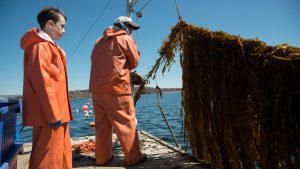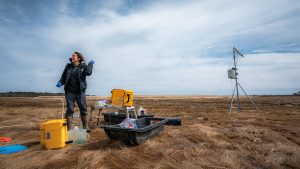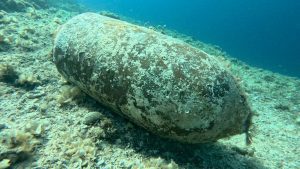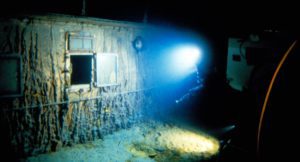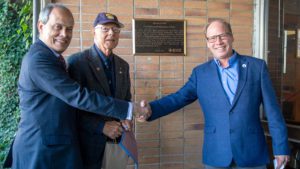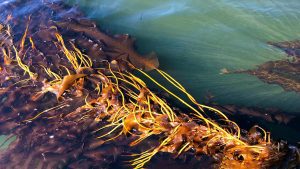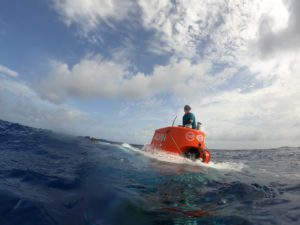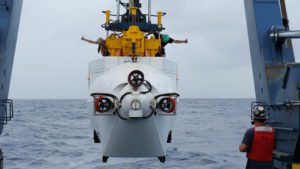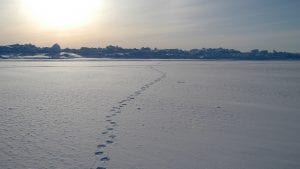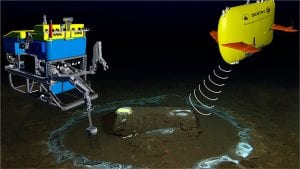Research Highlights
Oceanus Magazine
A hydrologist takes on a groundbreaking study to understand how groundwater moves through New England salt marshes in the winter.
News Releases
In the submersible Alvin, the mission was the first time humans set eyes on the wreck since it sank nearly 75 years earlier.
HOV Alvin recognized as one of world’s most important deep-sea scientific instruments
Woods Hole Oceanographic Institution (WHOI)-led teams earned Gold and Silver Innovation Awards for seaweed solutions projects, presented at the first annual Seagriculture Conference USA 2022 in Portland, Maine.
After three weeks in the Puerto Rico trench and Mid Cayman Rise, Alvin is certified to return to research with its new max depth of ~4 miles
World’s most successful research submersible reaches 6,453 meters, its deepest dive ever Woods Hole, MA – Today, the human-occupied submersible Alvin made history when it successfully reached a depth of 6,453 meters (nearly 4 miles) in the Puerto Rico Trench,…
News & Insights
An investigative report this week in the LA Times features the work of WHOI’s marine geochemistry lab in identifying the discarded barrels and analyzing samples from the discovery.


